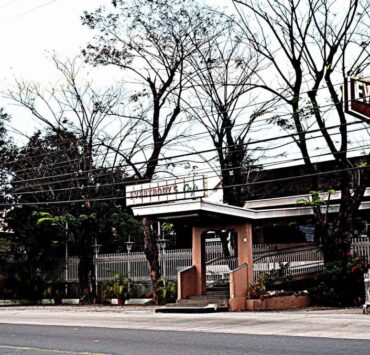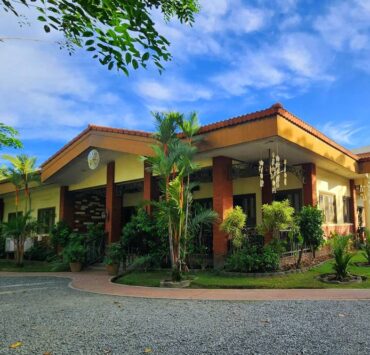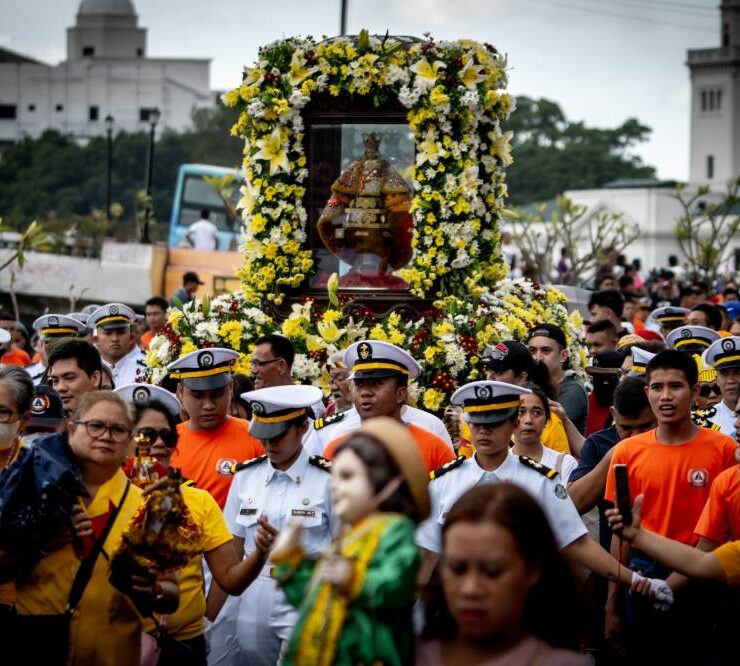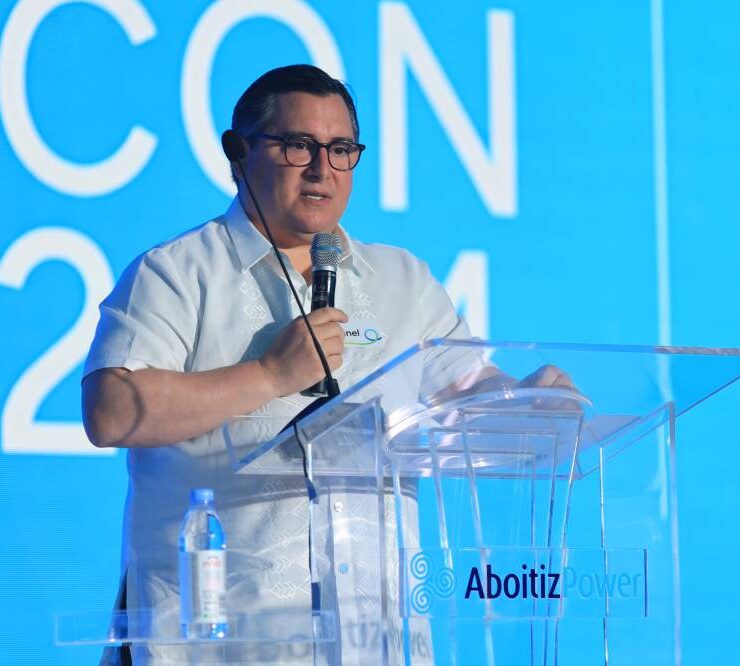Davao family’s mission: Best hospitality, tourism education
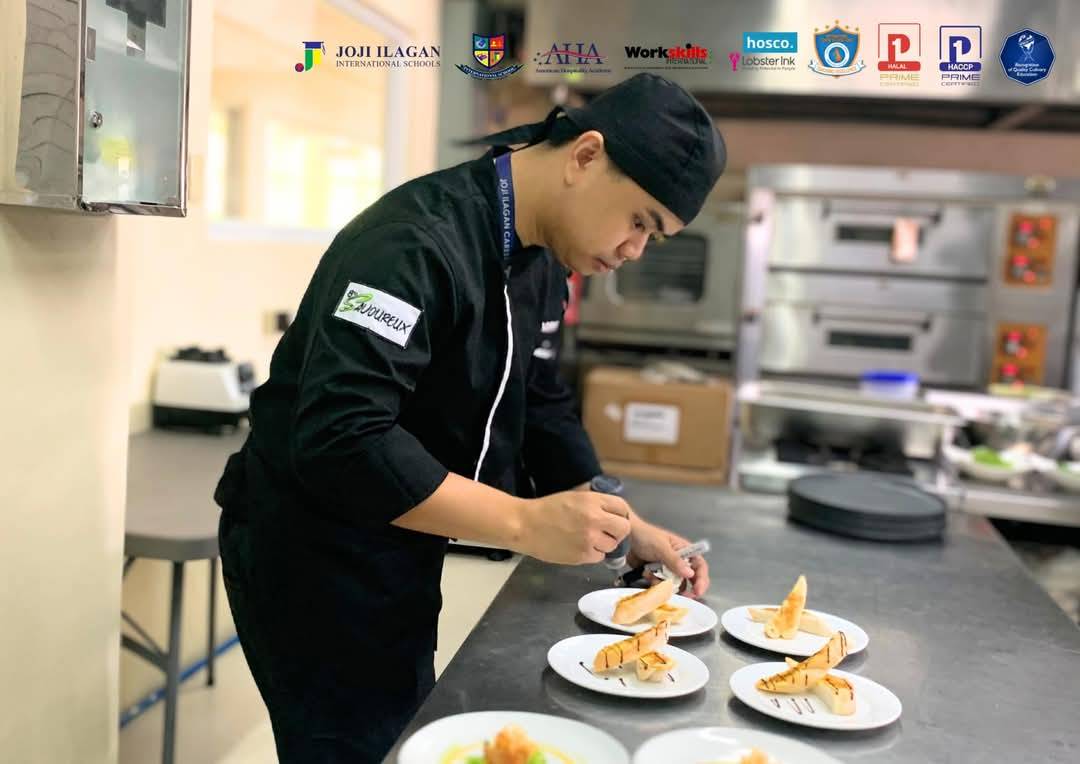
DAVAO CITY—For businesswoman Joji Ilagan-Bian, running a family business is not just about money. For a business to thrive and last beyond its time, there has to be fulfillment for those who work and devote their time and energy in it.
“At the end of the day, if [money] is the only goal you have, I don’t think that’s going to last,” she said. “For a family business, fulfillment has to be there; and what I’m saying is the internal fulfillment, something that is not measured by money.”
From the four-classroom school known as the Joji Ilagan Career Center (JICC) that she started in 1982, offering short courses for the youth, her company has grown into a network of international schools and a business process outsourcing (BPO) and call center.
These are now under the Joji Ilagan Bian (JIB) Group run by her son and daughters. But the company’s core values remain.
Bian instilled in her children, and also in people who worked with her, the passion for their work and the pride to be the best of what they can be.
“If you work with me, it could not just be half-hearted. There has to be passion in your work because it is this business that will provide them better opportunities in life,” she said.
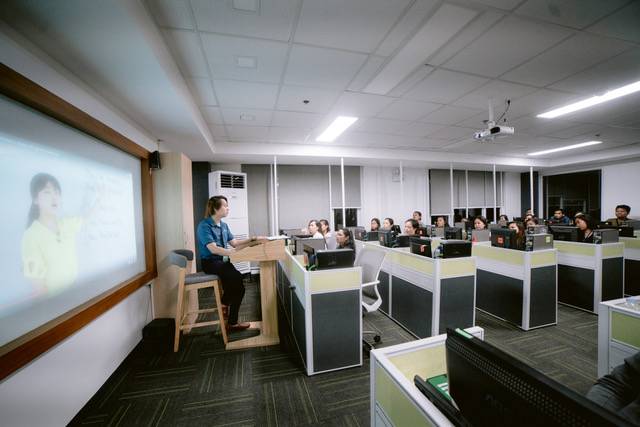
Short courses
As a young teacher in the early 1980s, Bian was looking around Davao and discovered quite a number of youth who wanted to be financially independent early in life. But everyone’s focus then was on acquiring college education, then thought of as the main yardstick for measuring one’s competence and ability to go through a professional career.
That was when she realized there was a room for an educational institution that offers short courses for those who couldn’t go to college but who wanted to earn good so they could pursue their own dreams and that of their families.
That was also the time when technical and vocational courses were yet looked down as merely for those who do not have the acumen for or could not afford college education. “I was thinking I should restore respect and dignity to short-term courses. It’s part of a lifelong learning,” Bian said.
So she ensured that the short courses offered by JICC were top of the line even as she nurtured among her employees and students passion for excellence and pride in their work.
“One of the core values that I put in my school is pride,” she said. “Pride not only among people who work for me but more importantly, [among] the students. They have to have that pride in themselves so that they remain confident in themselves, they’re able to talk well, communicate well, and that is the signature of JIB students even today.”
As a result, JIB graduates have become top choices among fast-growing hospitality and tourism industry players here and in other parts of the country. They were immediately hired by restaurants, hotels and resorts as JICC started earning its reputation for quality and excellence that continued up to this day.
“We have the best graduates until today because what makes our training program’s curriculum and methodology [the best] is the inclusion of personality development and communication skills,” Bian said.
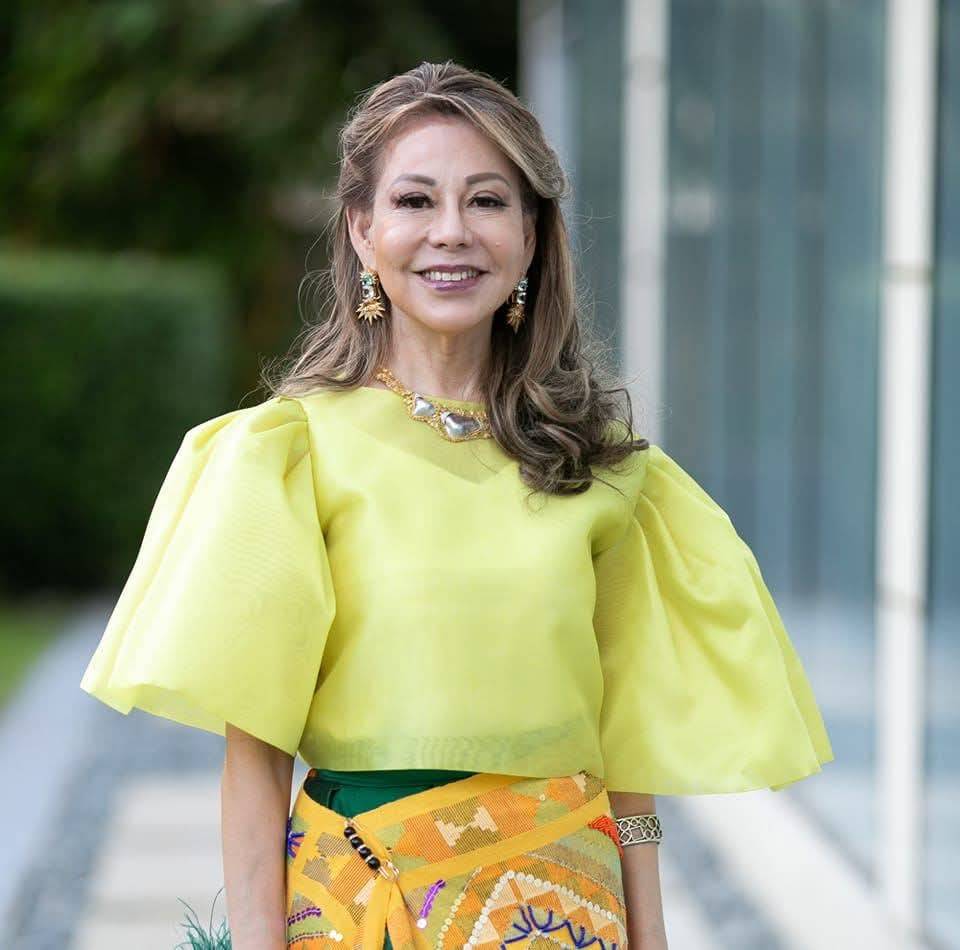
Responsive to change
Aside from passion for their work, the company nurtures the value of respect, honesty and integrity. “We listen, we argue, we fight in [the process of] making decisions, but at the end of the day, there is to be respect for each other,” she said.
“Integrity is very important. Honesty is very important in everything that we do for us to grow, and integrity has a place not only at the business table but also in our family relationship,” Bian said.
She also cited the need to develop the sense of dynamism to make the business responsive to change and new challenges. “Everything changes very fast, even without technology and social media before, the best marketing was through word of mouth and we easily took advantage of that because of our dynamism.”
Bian considers it the death of family enterprises when old people stop to be dynamic and when people continue to stick to old solutions to new problems. But in the company that she founded, the young people at the helm are allowed to make mistakes and learn from these.
So, from the four-classroom school when it started, what is now the Joji Ilagan Career Center Foundation Inc. has grown into the Joji Ilagan Bian (JIB) International Schools, a network of learning centers in Davao City and General Santos City, and a call center.
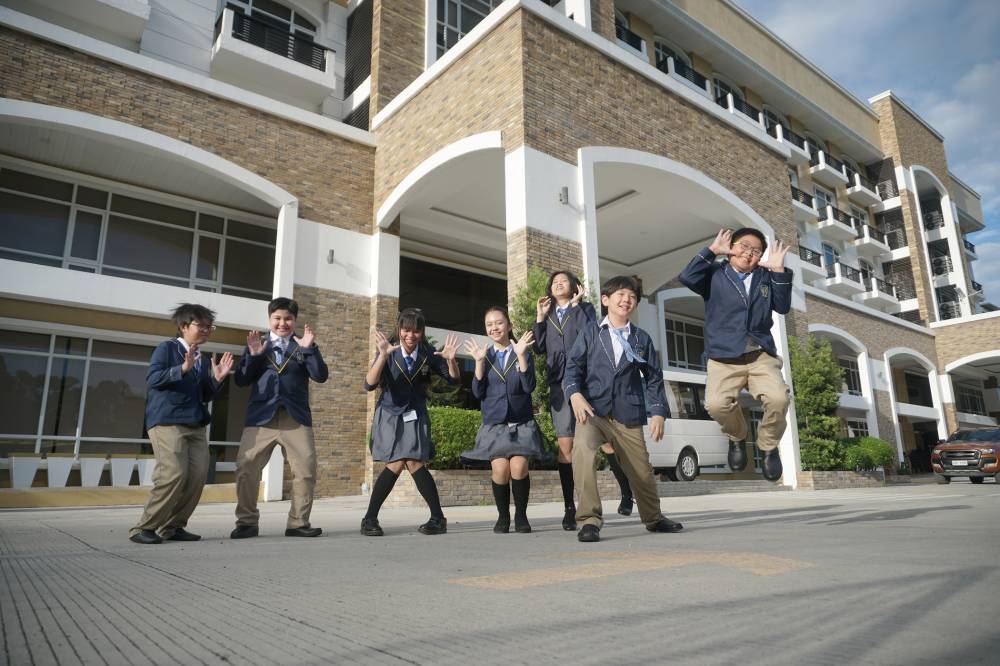
New generation leads
As Bian gradually retreats, the new generation takes the helm of the family business.
About 90 percent of the business had been turned over to the new generation, Bian said, with daughter Nicole, now the chief
executive officer of JIB International Schools, while son Michael runs Six Eleven Global Services Inc., which this year was cited as the fastest-growing Davao-based IT company and one with the best employee engagement. The award was given during the recent Innovation Summit organized by the Davao City Chamber of Commerce and Industry Inc. and ICT Davao.
“These accolades reflect not only our rapid growth but also our unwavering commitment to excellence in everything we do,” said Michael, CEO of Six Eleven.
For him, every business aims to be profitable, but “true, sustainable profit is built on a foundation of strong ethical principles—understanding what is right and wrong.”
“These core values guide our decision-making and shape how we engage with our partners, employees and customers,” he added.
By adhering to these principles, the company ensures that their success is not only measured by financial performance but also by the positive impact on those they work with.
“Our values help us foster meaningful relationships, prioritize integrity in all our dealings and create an environment where both employees and customers are valued and cared for. This commitment to doing what is right drives us to succeed, not just for the bottom line but for the long-term well-being of everyone involved,” he said.
Six Eleven started at the time when the call center industry was just emerging, and the JIB Group offered specialized training courses to prepare individuals for careers in the sector. But there were few local call centers in Davao City, so most of the JIB graduates had to relocate to Cebu or Metro Manila in search of jobs.
Michael founded Six Eleven to address this gap so that trained graduates no longer had to leave their home region, but could now find rewarding careers right in Mindanao.
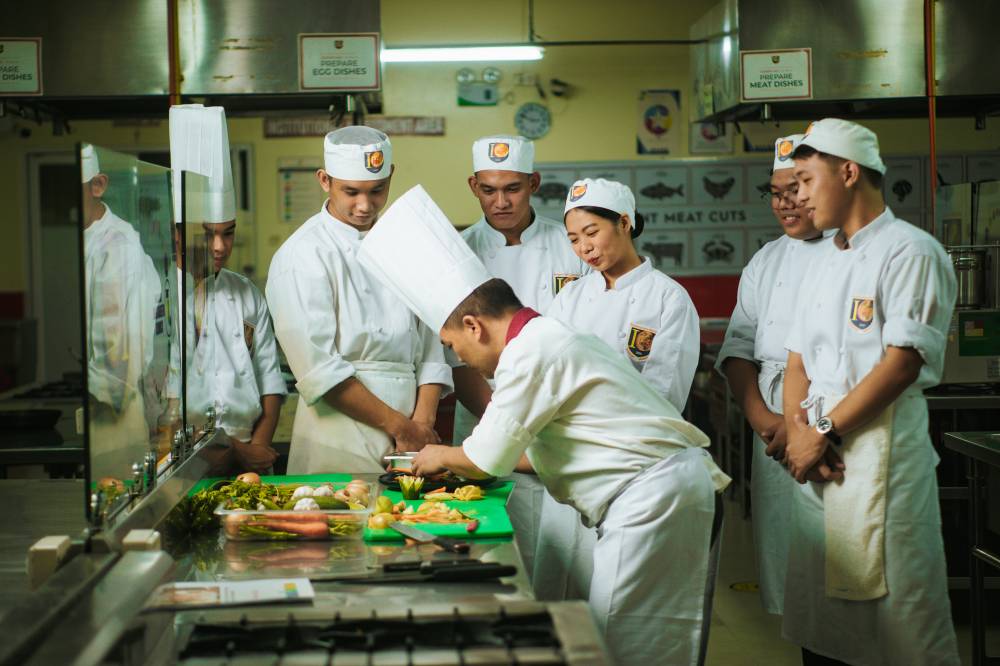
Sustaining growth
“Our journey began with just 20 graduates, who made up the first batch of agents hired by Six Eleven. Since then, we’ve experienced tremendous growth. Today, we proudly employ over 5,000 call center agents and BPO professionals, working with top-tier, internationally recognized companies,” Michael said.
Now, his company is the largest independently owned and locally operated BPO company in Mindanao.
Michael said there were moments when they were tempted to prioritize rapid growth over their mission and vision. “While this approach might offer short-term advantages, we recognize that it’s not a path that leads to long-term success,” he said.
“We believe that true sustainable growth requires us to look beyond immediate gains and focus on building a solid foundation and [the] infrastructure that will support us for the long haul. By staying true to our core values and long-term objectives, we ensure that our growth is not just fast, but also lasting and meaningful towards the community,” he added.
These principles, according to Michael, could be behind the recognition that the relatively young company had been getting.
Bian observed the changes her children had initiated in running their family businesses, which reflected on how the core values remain even as the company navigates the digital age.
“A lot has changed [in the business] after my children took over,” she said, particularly citing the organizational setup.
“Before, the structure used to be authoritarian with the boss on top [and] the people below. But things have changed,” she said. “They initiated change, they created teams, they reorganized the whole way of doing business. When they started, they looked at the people, studied the organization charts and combined functions.”
“During my time, the office had walls. Every time you needed me, you had to knock. But in the digital era, offices no longer have walls. Now, you see open spaces, everyone is connected to each other seamlessly, no longer as compartmentalized as before. Then, if you’re the top, you’re the top; if your work is B, you’re B.”














